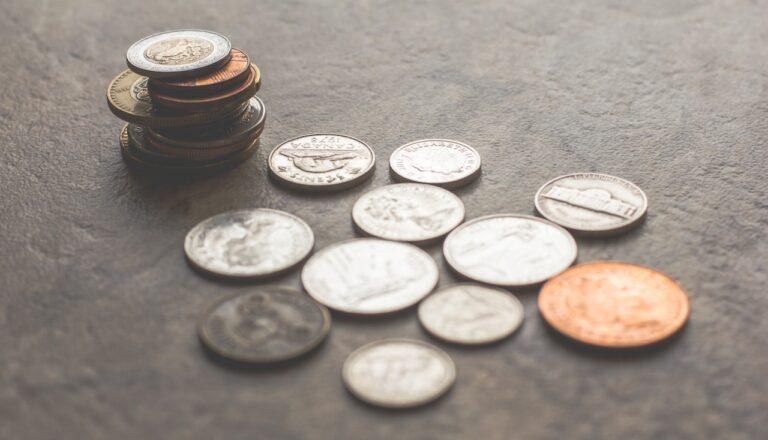Effectieve Strategieën voor het innen van onbetaalde facturen
As a business owner, collecting outstanding invoices is essential for maintaining a healthy cash flow. Unfortunately, collecting unpaid invoices can sometimes be a challenge. It can be time-consuming and frustrating to chase customers who don't pay on time. But it's important not to give up and to ensure goed debiteurenbeheer. Here's a step-by-step plan for successfully collecting unpaid invoices.
Step 1: Make clear agreements
Step 2: Send reminders
Step 3: Charge collection costs and statutory interest
When a customer does not pay your invoice or pays it too late, it's possible to charge collection costs and statutory interest. As a creditor, you have the right to recover the costs you incur in getting your money. In addition, you can demand statutory interest if your customer has a payment backlog. However, it's recommended to first send a friendly letter or make a phone call before using these options.
Step 4: Make a payment arrangement
Step 5: Hire a debt collection agency
Step 6: Start legal proceedings
Step 7: Learn from your experiences
Collecting unpaid invoices can be a challenge, but it can also be a learning experience. Analyze what went wrong and what you can improve for the future. For example, use invoicing software or create a clear payment policy.
Collecting unpaid invoices can be a challenge, but it's essential for a healthy cash flow. By making clear agreements, sending reminders, hiring a debt collection agency, and starting legal proceedings if necessary, you increase the chances of successfully collecting unpaid invoices. Learn from your experiences and keep improving your debtor management to prevent future problems.
But what if my client is located abroad?
If you have a client located abroad who does not pay their invoice, you can also enlist the help of a collection agency. Make sure that the agency has knowledge of the country and speaks the language. If this is not possible, you can initiate a European Payment Order. The customer will then receive a payment order and will have 30 days to respond. If there is no response, the court will enforce payment. Finally, you can start legal proceedings. The starting point is that the court of the client's place of residence is competent. In your contract or delivery and payment terms, you can specify that the Dutch court is competent and that Dutch law applies.
Prevent unpaid invoices with Boozt24
In addition to the methods mentioned for collecting unpaid invoices, there is another solution that can be considered: factoring One of the benefits of factoring is that your company has immediate access to cash flow, which can strengthen the company's financial position. Furthermore, Boozt24 takes on the risk of non-payment, so you do not have to worry about potentially writing off unpaid invoices.



